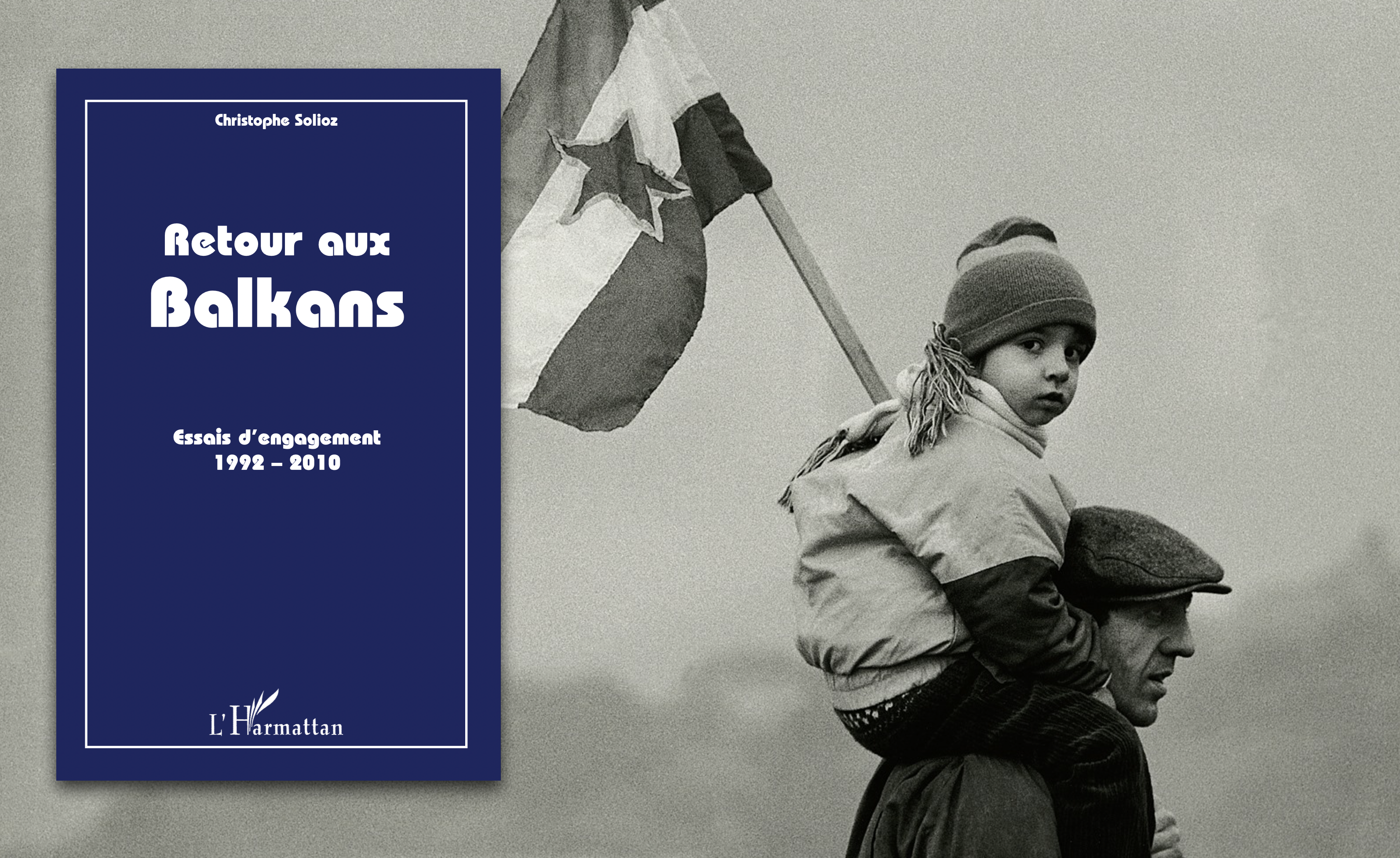Les textes réunis ici — publiés entre 1992 et 2010 — trouvent leur origine dans une présence assidue sur le terrain et un engagement conséquent. L’édifice se dévoile avec son échafaudage — l’ouvrage ne se veut pas monument. En lieu et place, les traces d’un lent travail de réflexion, qui porte la marque de l’événement : les récentes guerres balkaniques et un après-guerre truffé d’incertitudes. Juxtaposés, ces textes multiplient les points de vue et invitent le lecteur à entrer dans le labyrinthe (post) yougoslave à sa guise. Après les analyses centrées pour l’essentiel sur la Bosnie-et-Herzégovine et le Kosovo, on se penche sur la problématique régionale, les perspectives d’intégration à l’Union européenne, l’action de la société civile ainsi que les limites des processus de transition et de démocratisation dans les Balkans. Enfin, une série de contributions dressent le portrait de quelques « (spect)ateurs engagés » : Alex Langer, Wolfgang Petritsch, Carla Del Ponte, Paul Parin, Slavenka Drakulić et Šejla Kamerić.
The contributions presented in this volume — most of them published between 1992 and 2010 — were written against the background of a robust presence throughout the Balkans since the early 1990s. Without pretending to be monumental, the chosen approach presents the scaffolding of a sequential process of thinking through the darkness of the war and post-war years. The texts’ juxtaposition multiplies the viewpoints and invites the reader to find his/her own way through the (post) Yugoslav labyrinth. While the country analyses focus on Bosnia and Herzegovina and Kosovo, the book also discusses regional cooperation and the European integration processes, the role of civil society and NGOs, and the characteristics and limits of the transition and democratisation process in the Balkans. Last, but not least, a gallery of committed politicians and artists — among them Alex Langer, Wolfgang Petritsch, Carla Del Ponte, Paul Parin, Slavenka Drakulić et Šejla Kamerić — is presented.

